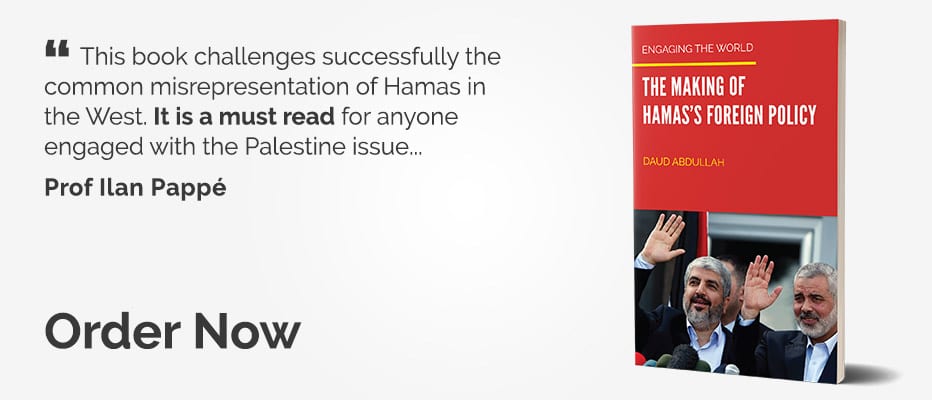Below is the translation of the interview on Al-Hayat TV.
Presenter: You are talking about the new beginning that saw the success of Field Marshal Abdel-Fatah Al-Sisi who won 96 per cent of the vote. Some people say, more precisely one of the newspapers – without mentioning its name – said in a special section it allocated for this issue "those have let you down Al-Sisi" referring to Coptic Christians who (the paper alleged) refrained from voting and did not support him as they should have. And they linked this to a statement issued by the Church in which it said it could not side with one or the other of the candidates.
Bishop Paula: I, personally, take sides.
Presenter: Yes, you made that clear.
Bishop Paula: I personally do not shy away from saying that as of August I went out speaking to the media and promoting Al-Sisi. I do not shy away from saying that the recent "personal affairs" tour last month was 21 days, if 60 per cent of it was personal affairs 40 per cent of it was mobilising migrant Egyptian Copts to go and vote. We cannot say….
His holiness the Pope, in person, will not direct in favour of anyone.
There are two issues as far as I am concerned. The first is that I represent, or I head a committee within the Church, within the Coptic Synod, called the Public Relations committee. Public relations means relations with the state. The second point is that I do not forget that Pope Shnudah, May God bless his soul, himself instructed me after the 25 January revolution to form what is called the "Citizenship Committee". The objective of this was to prompt Copts to be positive, to get them out of the negativeness of the past and to deliver them from the frustrations of Maspero. I succeeded very well in achieving this. For me personally, in Tanta the Coptic people have for the past 24 or 25 years been taking part in the elections inside the Church over all issues. I trained them to conduct the elections inside the Church. That is why I am very delighted to encourage them to practice that outside the Church.
Let me tell you something. We were doing work through the members of the invisible committees, who go and knock on all doors to bring people out (to vote). A senior official once called me. He said to me that a certain point was weak in Upper Egypt, so please do something. After two hours I called him. I said to him, please, and here I am talking about the Copts. I said to him please watch the (footage from) the cameras showing the ladies standing in the queue in this area of Upper Egypt and you will be informed about what has happened in Upper Egypt. He said to me why the ladies' queue in particular? Because Christian women have, mostly, a peculiar appearance and especially in Upper Egypt. So, when he finds that highest proportion represent Christian women …. Of course I cannot tell him to watch the men because how could distinguish (the Christian from the Muslim). That would be illogical. And one may refer to the records.
Presenter: What about the youth?
Bishop Paula: Look. The youth in their majority, whether Muslim or Christian, did turn out to the ballot boxes. I beg you when you speak of the youth not to forget the young women. It would seem that when you talk of the youth you exclude the girls. Are these girls not youth? The youth, by their very nature, are disinterested in the political process. This is their nature. They have their field of interest such as sport.
Presenter: Yes, but what about the Coptic youth and the Maspero incidents?
Bishop Paula: No, no, no. The overwhelming majority of the Coptic youth…and I want to tell you that no less than 90 to 95 per cent of the Copts participated in the elections anyway.
Presenter: On what basis are you making this estimate?
Bishop Paula: How do I estimate it? Let me tell you what I would do for instance in Tanta. I come to each one of the churches. Let's assume that in this particular church there are six priests. We divide it into six squares and each priest is put in charge of one square and that would be the region he is responsible for. We tell the priest: father, you are in charge of this region. How many homes are there within it? I want to appoint one young man for each group of thirty homes to prompt them and make sure to bring out those who have not yet come out. The young man who is in charge of the thirty houses would submit a report about each of these houses, one by one. In this way, we would know who went out and who did not. We call the father in charge by phone and he goes and knocks on the door. So, we have extremely accurate information about the ratio of those who went out and those who did not.
Presenter: I am saying this to you but it might be possible that those who hear us might take to mean something else. Was the Church playing politics?
Bishop Paula: No, no. Look. The Church is playing patriotism.
Presenter: It plays patriotism?
Bishop Paula: It has a patriotic role. The Church has always been a patriotic church. And in this particular time it should have a strong patriotic role. The patriotic role is the prompting role. And to be telling the truth, it includes, if possible, unifying opinions through persuasion as to who is the best (candidate).



